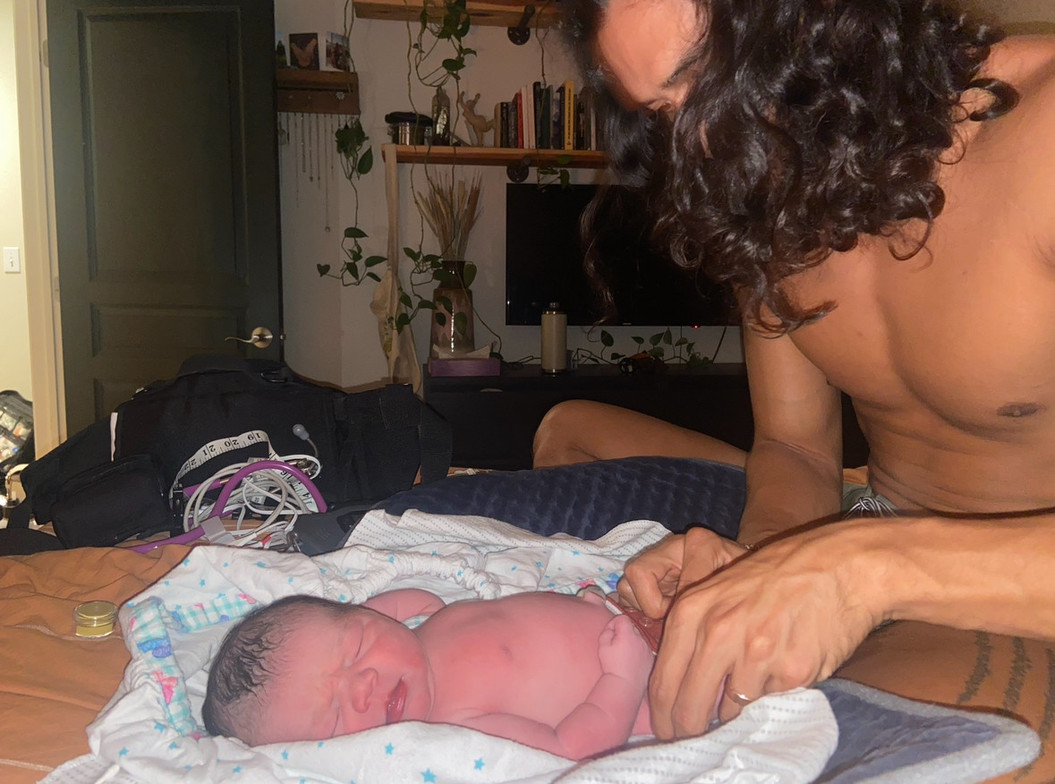
Did you know that 90% of babies experience birth trauma? This insight comes from a remarkable study conducted by Viola Frymann, an osteopathic doctor who examined over 1,500 infants over an eight-year period. Frymann discovered that shortly after birth, babies exhibited strain in their neck and cranial regions. Most of the infants were assessed within the first five days, with the majority examined within 24 hours.
In her study, Frymann also observed that 10% of newborns had fully mobile skulls and cranial mechanisms, while another 10% displayed severe head trauma that was noticeable even to untrained individuals. The remaining 80% exhibited some form of strain pattern in their cranial mechanisms.
"The newborn skull is designed to withstand the forces of labor and minimize brain trauma. Nevertheless, head injuries during birth are more common than many realize," explains Viola F.
Birth can be a challenging experience, with traumas possibly arising from various factors. Even seemingly natural births can lead to trauma. Here are some common causes of birth trauma in infants:
- Short or prolonged labor
- Use of Pitocin to induce or strengthen contractions
- Administration of pain medications
- Mom's restricted birthing positions
- Pulling or twisting on the head during delivery
- Application of forceps or vacuum extraction
- Cesarean delivery
Since many of these traumas may go unnoticed, they can impact an infant's growth and development. Approximately 65% of neurological development occurs within the child's first year, underscoring the importance of maximizing nerve function during this critical stage.
These early traumas may lead to ongoing health challenges that are preventable. Signs of spinal nerve stress in infants can manifest as nursing difficulties, sleep disturbances, and trouble being soothed.
Seeking care from a pediatric chiropractor is crucial if you notice the following signs in your baby:
- Persistent head tilt
- Difficulty turning neck in one direction
- Trouble settling down or sleeping
Selecting the right chiropractor for your infant or child is vital. As a pediatric specialist, I have undertaken additional training and seminars through the ICPA (International Chiropractic Pediatrics Association) and received guidance from a pediatric chiropractor during my externship. Typically, chiropractic education does not cover adjusting infants and children extensively, so chiropractors must pursue further education to specialize in pediatric care.
Check out this article: The Trauma of Birth - https://foundationswell.com/wp-content/uploads/2020/06/TheTraumaofBirth.pdf
Pictured: our daughter being adjusted by my husband just a few hours after birth

Cheyenne Lewis
Contact Me


